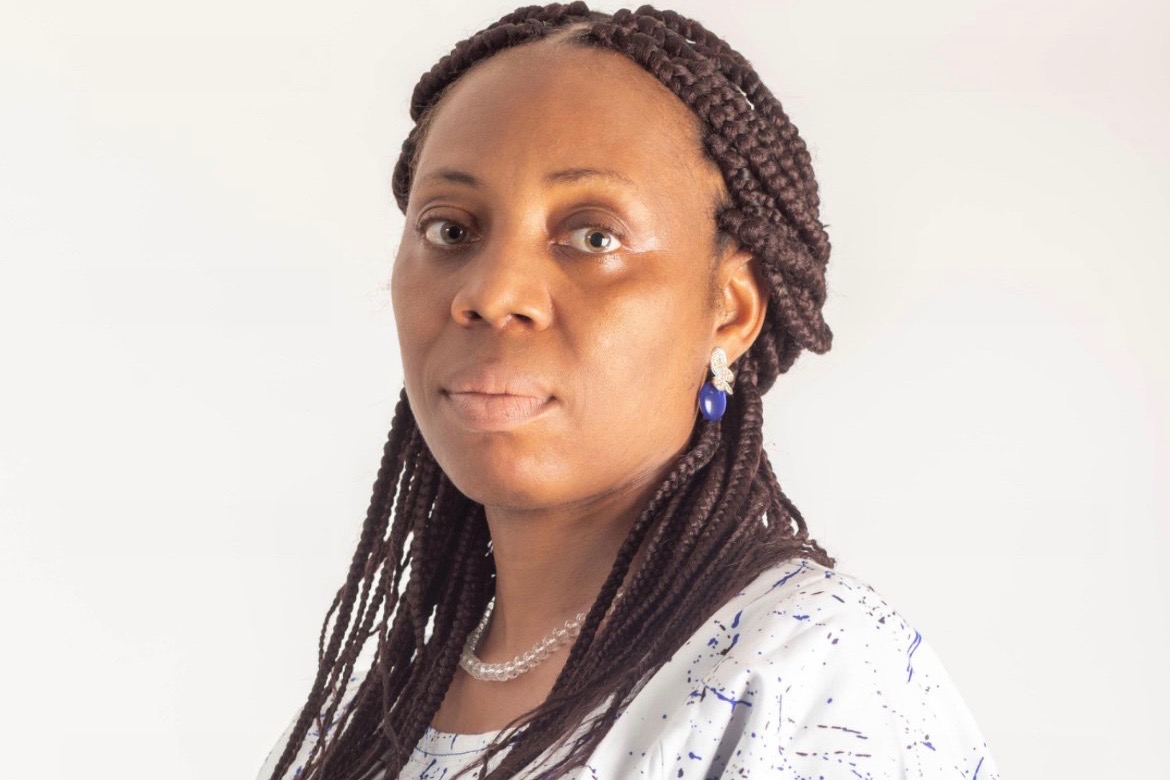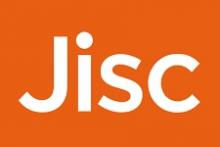Open Book: African scholars facing economic crunch

Oluchi Ojinamma Okere
Oluchi Ojinamma Okere outlines how researchers in sub-Saharan countries are being hamstrung by economics
Taiwo Odunuga is an early-career researcher in a biological science discipline at one of the public universities in sub-Saharan Africa.
By dint of hard work and persistence, he has attained the rank of Lecturer II in his (teaching and research-focused) institution, but he knows that the journey to achieving self-actualisation is a long one. He aspires to be presented for promotion in two years’ time when – by rights – he would be due for promotion. But this is, of course, conditional on his submission to at least four journals, with at least three being recent, that is, published after his last promotion.
The young academic is aware of the opportunities available to him to publish his work. He could publish in a local journal, but the local journals have limited visibility – despite the opportunities offered by digital technology.
Moreover, the university had specifications regarding the number of local and international journals and even impact value. There was also the option of publishing in readily accessible journals, which would charge quite a lot of money, but would get his article published within a short time, and would also guarantee its visibility. The problem with these journals is that they were tagged as predatory and could be flagged, eventually. However, Taiwo knows that the best option for his publishing goal is to publish in an open access journal with possibly some impact factor value attached to it.
Sadly, by experience, he perceives the chances of his manuscripts getting accepted in these types of journals are narrow. For some reason, the rejection rate for articles from his side of the world seems high. Additionally, aside from the problem of long turnaround periods (due to the reviewing and processing), there was the thorny issue of exorbitant article processing charges (APC).
A lot of factors affect the chances of acceptance of papers from sub-Saharan Africa by editors in the north. But even when the scholars outdo themselves or surpass expectations, the publication fees charged by international open access journals are so high as to be out of reach. True enough, some journal publishers offer waivers to researchers from developing countries, but such journal publishers are few and far between. There is also the prospect of getting grants to support publishing in open access journals, but these are competitive and sometimes laced with local politics. The option of self-sponsorship is definitely out of the question. With an average annual salary of about €4200 ($4500), considering publishing a single article in even a moderately priced journal at about €1220 ($1510) is almost preposterous for an African academic.
The high exchange rate of most African currencies and the low per capita income make it almost impossible for researchers to engage in transactions for scholarly products and services, such as publishing in international journals, whether genuine or predatory. For instance, aside from a few African countries such as Tunisia, Libya, Ghana, and Morocco, many sub-Saharan countries like Nigeria, Cote d’Ivoire, Botswana, Kenya, and Zimbabwe, among many others, with an average annual GDP growth of 0.2 per cent, have very low economic indices. Meanwhile, researchers must thrive, not just for personal purposes like recognition and impact, but for the sake of globalisation and international integration.
Inclusiveness, equity, and diversity are part of the 'openness' paradigm, which means so much to the growth of science. The incapacity of researchers in low and middle income countries (LMIC) to contribute to global science has implications for the development of their continents and the world at large.
Incidentally, the global North (North America and Europe) and Asia host the largest percentage of the most visible and impactful journals globally. Realising the Sustainable Development Goals depends heavily on science. Unfortunately, African nations not only contribute the least to global literature but are reputed to spend the least on research and development, unlike Europe, Asia, and North America, which expend upwards of 27 per cent of their GDP on research and development. These poor indicators indeed leave Africa in the wilderness of global research productivity.
Some studies have accused editors of international journals of neo-colonial science and bias against research that emanates from the South. While still battling these perceived or real threats to African science and productivity in the global scene, paywalls and subscriptions, lack of access to funding, high exchange rates and highly priced publication fees are another form of discrimination perpetuated by many gold open access APC-based journals against disadvantaged researchers in an era that prides itself with openness, globalisation, diversity and sustainability.
Oluchi Ojinamma Okere is an e-resources librarian at the Federal University of Technology Akure, Nigeria











